Space Generation Congress Organising Team Members
More than a year before SGC begins, there are people volunteering countless hours during their early mornings, lunch breaks, and evenings to put together the experience that you, the delegates and partners, attend every fall. A big thank you to the wonderful team we have this year working towards SGC 2019!
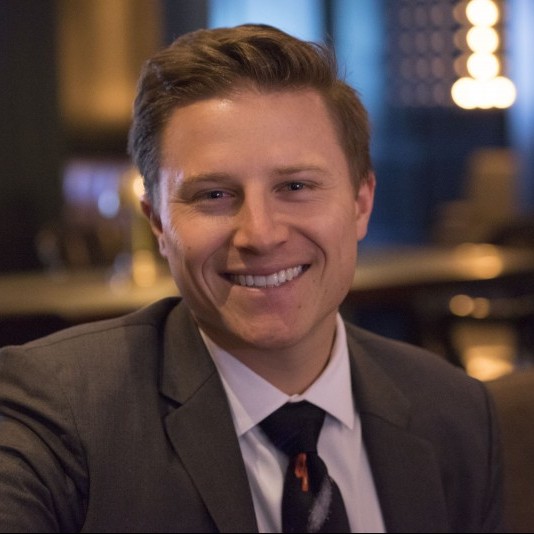
Chris Nie is a Systems and Integration Engineer working on the environmental control and life support system (ECLSS) for the Orion Multi-Purpose Crew Vehicle at Lockheed Martin Space. His career has given him the opportunity to work on GPS satellites, SmallSats, in government affairs and business development, as well as NASA’s Human Spaceflight Program, Orion. Chris graduated from the University of Colorado, Boulder, with a Master’s Degree in Aerospace Engineering and a focus in Bioastronautics. He has been named one of Aviation Week’s Twenty20s as a rising leader in Aerospace and Defense, and has received the President’s Volunteer Service Award multiple times for his work in STEM outreach.
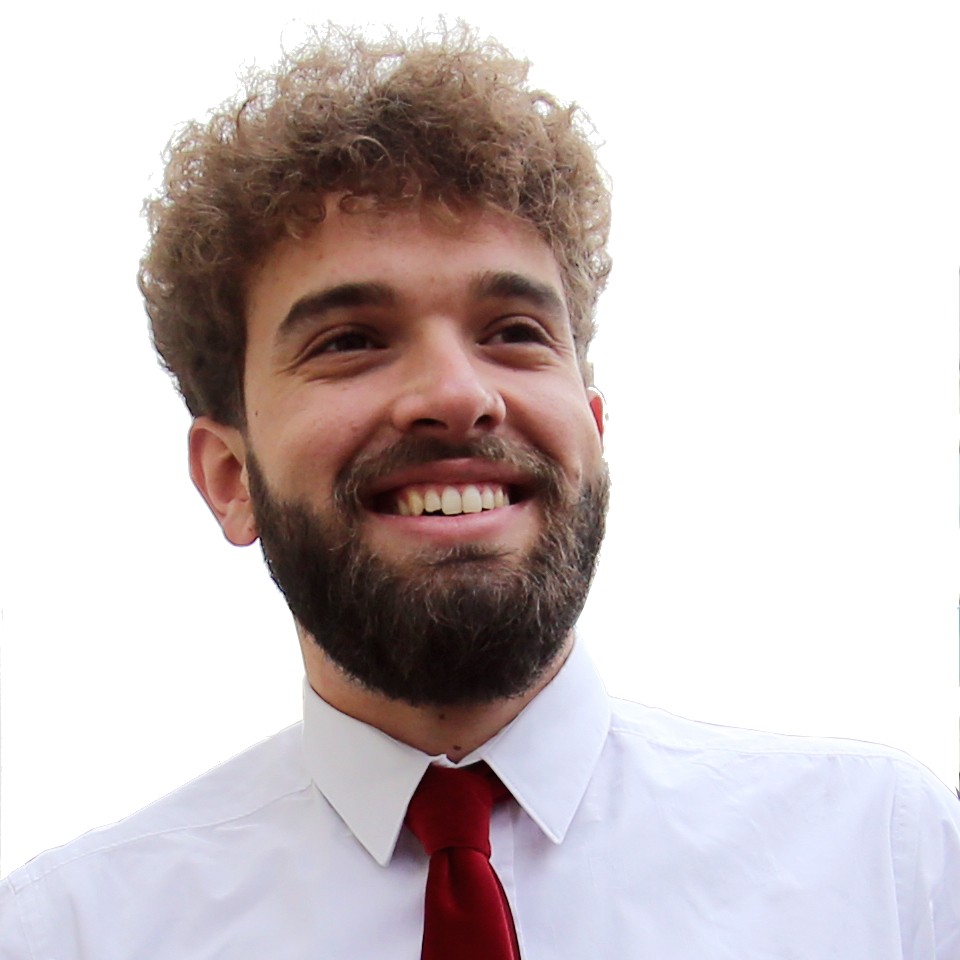
Davide Petrillo is currently working as Business Manager for Alten Ltd in London (UK), global management consulting company that provides strategy, consulting, digital, technology and operations services focused on the Aerospace field. Davide has a M.Sc. in Aerospace Engineering from the University of Padova, Italy. Previously, he was the Team Leader of FELDs Experiment selected by the European Space Agency (ESA) for the Drop Your Thesis! 2014 programme. FELDs tested a tethered electromagnetic soft docking technology in microgravity conditions at the Drop Tower of the Centre of Applied Space Technology and Microgravity (ZARM) in Bremen, Germany. In 2015, he won the “Hans Von Muldau Team Award” for the best team project that took place in Jerusalem at the 66th International Astronautical Congress (IAC). Davide joined SGAC in 2016 and has been appointed as part of the 3rd E-SGW organizing team and also the SGC 2018 organizing team as part of the Working Group team specifically focused on the organization and management of the Special Track “Bridging the Space Divide” Working Group.
Delegates Team
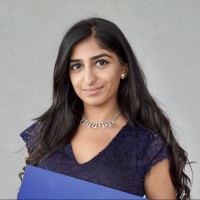
After her bachelor’s in Theoretical Physics, Sabrina decided to step foot into the ‘world of space’ by doing her Masters at the International Space University and graduating with her MSS18 class.Originally from London, she has experience in various industries and took on different roles within data analytics and project management.During her time at ISU she went to NASA Goddard Space Flight Centre to work on an Astrophysics Project and is now at ESA/EAC working with the Spaceship EAC team on radiation shielding using lunar regolith. Sabrina participated at the SGC 2018 and presented a paper on ‘Dark Matter in Dwarf Galaxies’ at the IAC 2018 in Bremen. Although she has a deep passion for the technical aspects of space, she aims to further develop her career by understanding utilisation of space technology and implementation of it to help solve real world issues.
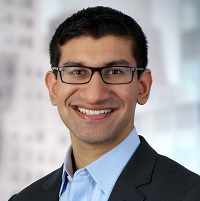
Ajeet Hansra is an investment professional at New Mountain Capital, a New York based alternative asset manager which manages private equity, public equity, and credit funds with over $20 billion in aggregate capital commitments. He currently focuses on private equity investments in the aerospace & defense, healthcare IT and financial services sectors. He previously served as a business analyst and as the Deputy Chief Of Staff to the Global Managing Partner at McKinsey & Company, a global management consulting firm. He has also served as SGAC’s Treasurer and ECOSOC Coordinator. Ajeet graduated from Duke University in Durham, North Carolina, with a degree in Mechanical Engineering.
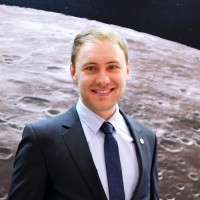
Daniel Wischert is an Aerospace Engineer from Germany specialized in space flight technology, space exploration and early phase feasibility analysis. He is very passionate about pushing the development of human space flight and deep-space exploration activities and has worked on different projects for DLR, ESA and JAXA. Three missions Daniel has worked on will be launching in the next years – two to Earth orbit and one to asteroid Phaethon. Daniel currently works as a Space Systems Engineer (national trainee) in ESA’s Concurrent Design Facility (CDF) located at ESTEC in the Netherlands where he helps perform internal studies to assess the feasibility of future ESA space missions and new spacecraft concepts. Daniel has been involved with the Space Generation Advisory Council (SGAC) since 2017 and is also part of the organizing team for the 4th European Space Generation Workshop (ESGW) in London.
PR&Comms Team
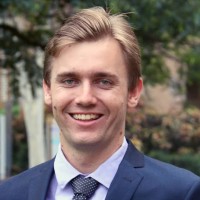
Brock is an aerospace design & structural analysis engineer at HeliMods – a progressive technology company specialising in custom fitouts for rotary-wing fleets. He is incredibly enthusiastic about the aviation and aerospace industries and is a strong advocate for STEM outreach. He has volunteered with the SGAC, Australian Youth Aerospace Association (AYAA), American Institute of Aeronautics and Astronautics (AIAA) and the Royal Aeronautical Society (RAeS).
Brock has previously worked at Airbus on the Australian Army’s ARH Tiger Battlefield Helicopter, and has completed a masters thesis on spacecraft heatshields within the hypersonics research group at The University of Queensland. He has also participated in SGC working groups for Space Situational Awareness and Off-Earth Mining.
One day, Brock hopes to transition his skills to the space sector – whether that be leading a diversification portfolio within his current company, or it being somewhere else.
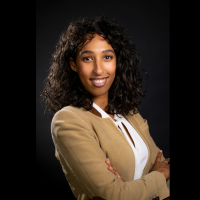
Mandeka is passionate about two things: space and communication.
These two passions lead her into what she does today: she is a science communicator working to increase awareness of the European Space Agency’s space exploration programme in the main stakeholders. And she firmly believes exploration is not only a dream of few resolute human beings but a benefit for all humanity. With this passion she creates multimedia content to unveil the narratives of future missions for Low Earth Orbit, Moon and Mars.
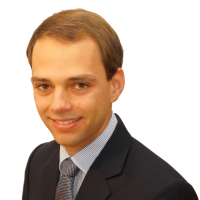
Tobias Niederwieser is a research associate at BioServe Space Technologies where he helps to design, build, and test payloads for scientific research onboard the International Space Station. Examples are the Space Automated Bioproduct Lab (SABL), an incubator for biological experiments, or the Animal Enclosure Module – Environmental Control (AEM-E), a life support system for the transport of rodents to the ISS. Tobias recently earned his PhD on evaluating bioregenerative life support system technologies using green algae for air revitalization, waste water recycling, and food production in spacecraft. Previously, Tobias earned his Bachelor’s degree in aerospace engineering from the Technical University Munich, Germany in 2013 and his Master’s degree from the University of Colorado Boulder in 2015.
Programming Team
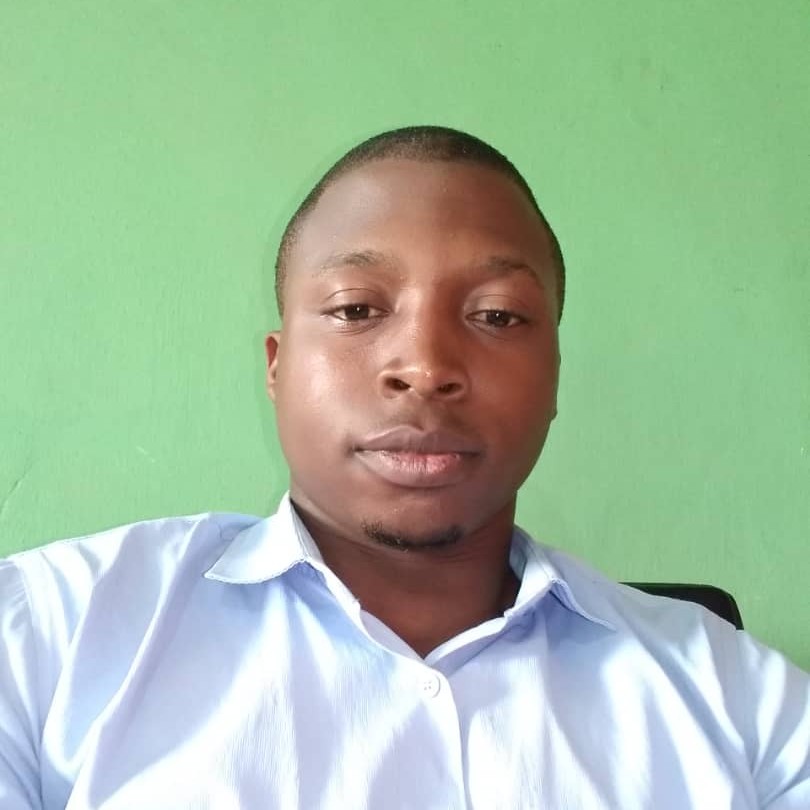
Abraham Akinwale is a B.Sc. Mechanical Engineering graduate. The current Director/Co-Founder of MPG Aerospace Ltd, a company that designs and manufacture custom made fixed wings unmanned aerial vehicle. He is one of the student representatives Nigeria for the United Space Engineering Consortium. Abraham is the present National Point of Contact Nigeria for SGAC. He love doing business and investing in renewable energy and green ecosystem projects. Abraham is a space enthusiast and also a lover of nature who enjoys writing and cooking in his leisure time.
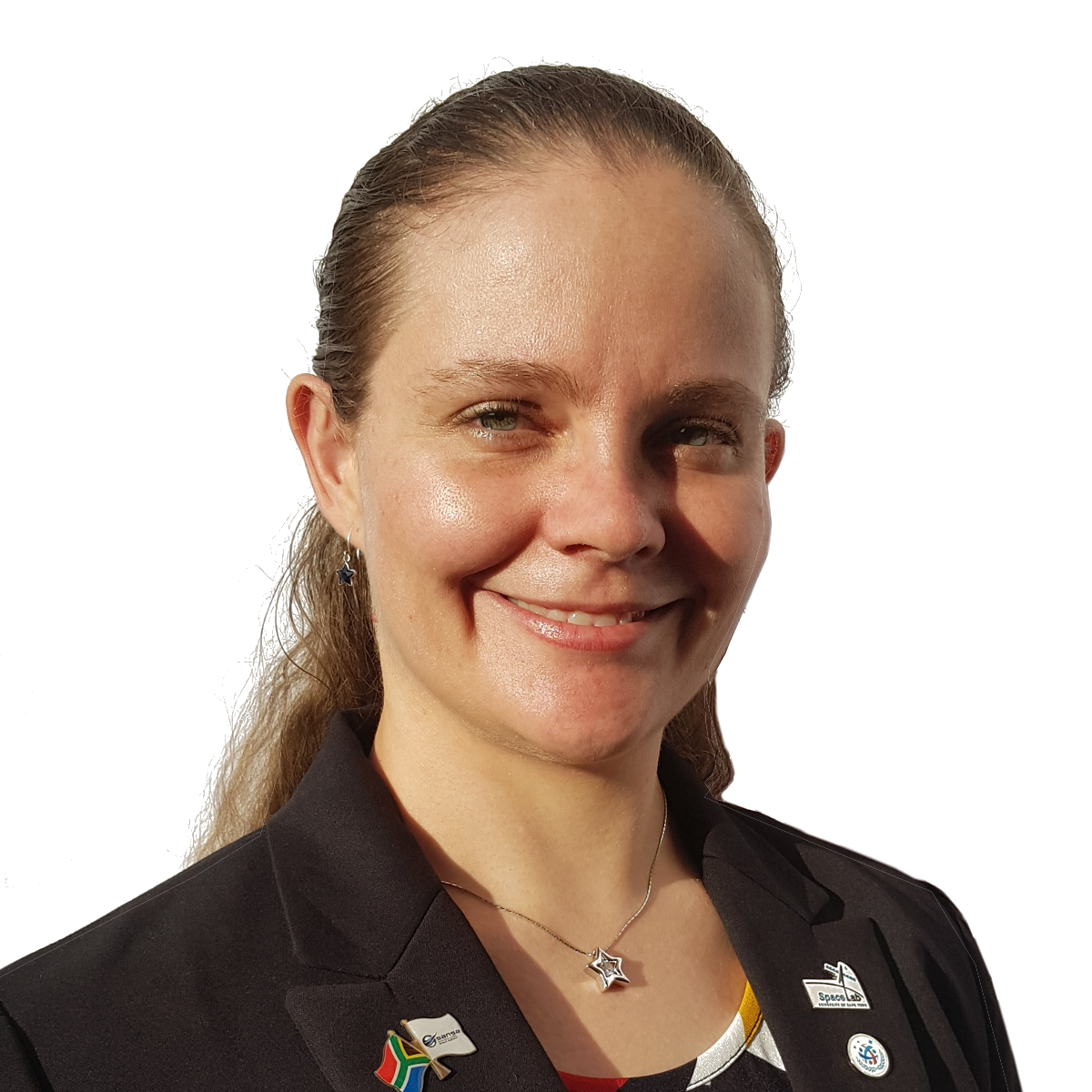
Ani Vermeulen has just completed a Master’s degree in Space Studies at the University of Cape Town (UCT) SpaceLab in South Africa. Her prior education includes degrees in engineering, astrophysics and space science. She was a recipient of the SGAC African Space Leaders award in 2018, as well as receiving the African Union’s ALC 2018 Youth Forum Scholarship to represent SGAC at the 2018 African Leadership Conference on Space Science and Technology for Sustainable Development in Abuja, Nigeria. She was a member of the SGC2018 Organising Team and coordinator of the 2018 Space Exploration Workshop in Bremen, Germany. She was named as an IAF 2017 Emerging Space Leader and contributed to the Innovation working group at SGC2017 in Adelaide. Ani participated in the 2016 Space Station Design Workshop (SSDW) at Stuttgart University’s Institute for Space Systems (IRS) in the role of deputy project manager, specialising in cost & risk. She has worked in Antarctica as a volunteer scientist/engineer for the South African National Space Agency (SANSA) on the 2014/2015 Summer Takeover, and has four years of telecommunications industry experience in business & systems analysis and process engineering. A member of the SGAC Space Exploration Project Group, her future career focus will be on space mission design, mission training, and mission operations, with a specific interest in crewed space habitats or planetary missions.
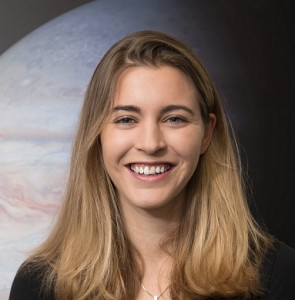
Harriet Brettle is a business analyst at Astroscale, developing a commercial solution to space debris. She is also the strategic partnerships team coordinator of the Space Generation Advisory Council, supporting its mission to connect students and young professionals to the wider space community. Harriet has recently completed a masters in planetary science at the California Institute of Technology. Prior to Caltech, Harriet worked in finance; at the Bank of England and the Federal Reserve in New York. She was also outreach coordinator for the Planetary Society in London, creating a platform for local and international astronomical organisations to collaborate with the Planetary Society in the UK. Harriet has a keen interest in public engagement with space science, interactions between different fields relevant to space exploration, and the future of new space economy.

Nuria Ali is a lady from Northern Kenya with a deep passion for earth and space science. She graduated with a Bachelors degree in geology from the University of Nairobi and is currently working as a geologist at the Directorate of Geological Survey in the Ministry of Petroleum and Mining. Nuria was the NPoC for SGAC in Kenya since 2017 and was part of the delegates; team that took part in organizing the first African Space Generation Workshop in Nigeria and the deputy manager for the 2nd African Space Generation Workshop 2018 in Mauritius. As the NPoC for Kenya, she hosted the president of the Austrian Space Forum during Yuris night 2017 and brought students and young professionals together with leaders in the space sector during World Space Week 2017 and Yuris night 2018. She is passionate about public outreach on matters science and technology and works towards sparking interest and inspiring young girls and boys especially from marginalized areas of the country into embracing and applying science and technology.
Logistics Team
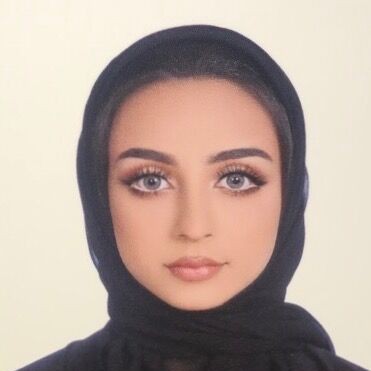
Hamda Alhosani is a mechanical engineer from Abu Dhabi, UAE. Passionate about space science and technologies and aspires to expand her knowledge in this field. She participated at the Southern Hemisphere Space Studies Program 2019. She had her internship in UAE Space Agency and she worked on several projects and conducted a study on operating a launch site. She has attended and volunteered in different space conferences and activities. In addition, Hamda is interested in cube satellites, debris tracking and launch operations, and she aims to contribute and learn more about innovations and technology developments in this field.

Elizabeth is currently a materials engineer working at NASA’s Kennedy Space Center and a PhD NASA Space Technology Fellow at the University of Central Florida. With a passion for advancing the technical capability of space exploration, her current work focuses on the development of lightweight, Earth-abundant materials for energy generation and storage applications. This interest in lightweight materials has also led to her involvement in the fabrication of the Advanced Plant Habitat, recently installed on the International Space Station. After attending the 2017 International Astronautical Congress in Adelaide, she found a newfound interest in the global space network and engaging with young professionals around the world. As a member of the SGAC, Elizabeth hopes to take her experience as an engineer and her passion of advancing spaceflight to inspire and guide future engineers and scientists in the aerospace industry while teaching them about the global impact of our industry.

Astrophysicist, science communicator, and aspiring space policymaker, Victoria joined the European Space Agency at its Washington D.C. Office to be at the heart of shaping international space policy. Day to day, she works to foster international partnerships across the Atlantic with the U.S. and Canada, closely following developments by key space actors in the region.Prior to this, Victoria carried out research, analysing data from the XMM-Newton and Chandra observatories, to better understand the Jovian Magnetospheric environment as part of Prof. Branduardi-Raymont’s research group at the Mullard Space Science Laboratory (Surrey, UK). Victoria’s interest in space is broad, having carried out an industry placement with Deimos Space UK, developing an satellite image processing algorithm for efficient plant detection in EO agricultural applications.Victoria is passionate about space and is committed to sharing this with others. She actively participates in outreach initiatives and has done so throughout her studies at university and more recently in South America (Colombia and Bolivia), inspiring the next generation of scientists.
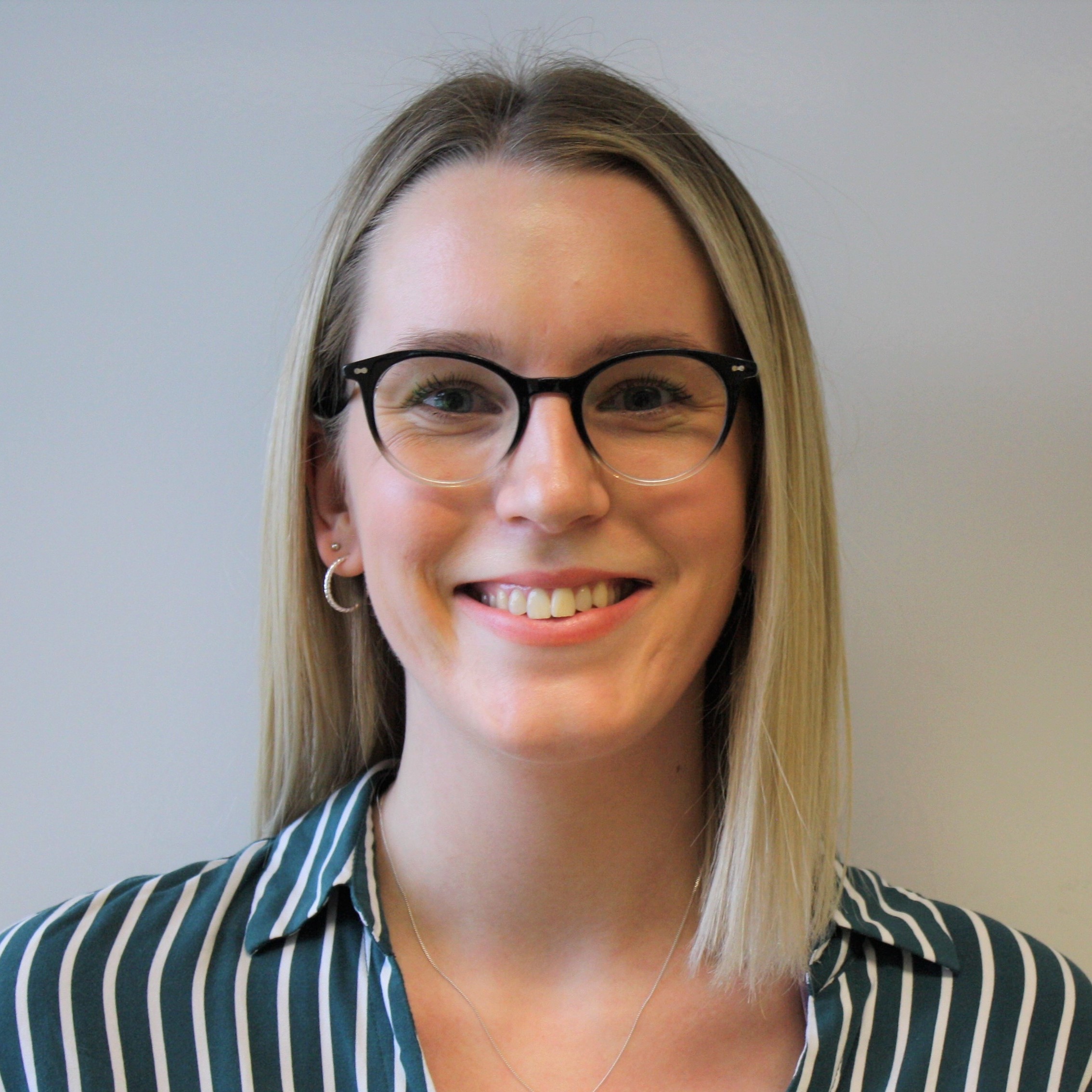
Kelsey Doerksen is in her second year of a Masters in Electrical and Computer Engineering in the collaborative program in Planetary Science and Exploration at the University of Western Ontario. Her research involves studying the interaction between solar eruptive events, the Earth’s atmosphere, and the satellites orbiting the planet. She previously graduated from Carleton University where she obtained a Bachelor of Engineering in Aerospace Engineering, Space Systems Design, with a minor in business.
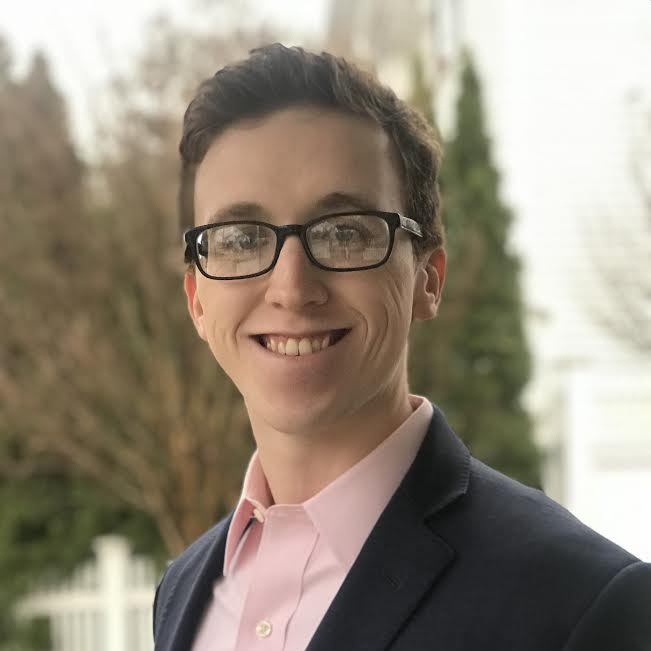
Joseph Levine is a Data Science Consultant at Booz Allen Hamilton, based in Washington, DC. During his studies at the University of St. Andrews, Joseph traveled with the State Department to Kolkata, India to learn Bangla before graduating with a first class degree in economics. He also has continued work with an NGO that applies telecommunications and cashless banking inside Afghan rural communities. In 2019, Joseph won the Patti Grace Smith Scholarship for rising young professionals in the commercial space industry.

Bruno Sarli has been an Aerospace Engineer focused in space flight dynamics for the past seven years. After graduating in Aeronautics in Brazil and Space Engineering in Europe, he moved to Japan where he obtained a PhD in Engineering while working for ISAS/JAXA as a researcher. In 2016, Bruno joined the Global Trajectory Optimization Lab and the Planetary Defense Research Group at NASA Goddard Space Flight Center where he focused on mission design and planetary defense. Throughout his career, he worked in mission design and system analysis for four Japanese missions and currently works on the NASA DART and MAVEN missions. In particular, Bruno has contributed to implementing a new miss-thrust evaluation technique for low-thrust trajectory design as well as an asteroid deflection function focusing on maximizing Earth miss distance. Additionally, he developed a linear mapping technique for maneuver support. Furthermore, his background includes teaching at a high school and university level. As a professional activity, Bruno is a member of the Space Generation Advisory Council and a committee member of the Workforce Development – Young Professional Program of the International Astronautical Federation.


